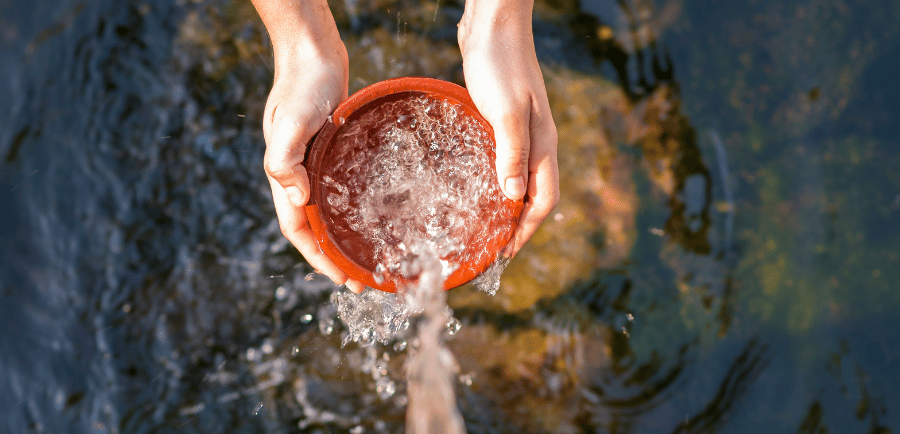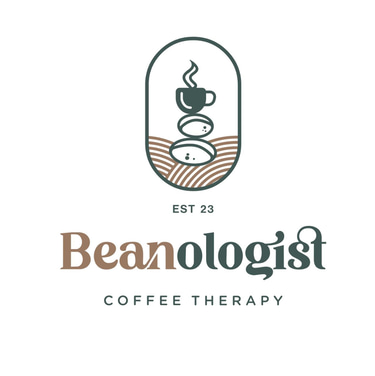How Water Quality Affects Your Coffee Taste
You're ready to make that perfect cup of coffee. But have you ever stopped to consider the most abundant ingredient in your brew?
7/27/20253 min read


From Tap to Taste Bud: How Water Quality Affects Your Coffee
You've got the freshly roasted beans, the fancy grinder, maybe even an artisanal brewing method. You're ready to make that perfect cup of coffee. But have you ever stopped to consider the most abundant ingredient in your brew? That's right, we're talking about water! It might seem like a simple backdrop, but the quality of your water can drastically alter the taste of your beloved coffee.
Think about it: coffee is roughly 98% water. So, it stands to reason that what's in that water will have a direct impact on the final product sipped from your mug. Let's dive into the fascinating world of how water quality truly affects your coffee's flavor profile.
The Good, The Bad, and The Mineral Content
Not all water is created equal. The mineral content, pH level, and presence of impurities all play a crucial role.
Hardness (Mineral Content): This is perhaps the most significant factor. "Hard" water contains a higher concentration of dissolved minerals like calcium and magnesium. While some minerals are essential for extracting flavor compounds from coffee grounds, too much can lead to an over-extracted, bitter, or chalky taste. The ideal water for coffee brewing has a moderate hardness, allowing for optimal extraction without overwhelming the delicate flavors. Too soft water, on the other hand, can result in under-extracted, weak, or sour coffee because there aren't enough minerals to bond with the flavorful compounds.
pH Level (Acidity/Alkalinity): Water's pH level (how acidic or alkaline it is) also matters. Slightly alkaline water (pH above 7) can neutralize some of coffee's natural acidity, making it taste flatter or even bitter. Conversely, overly acidic water (pH below 7) can make your coffee taste excessively sour or thin. A neutral pH, or slightly acidic, is generally preferred for balanced coffee extraction.
Chlorine and Other Impurities: Tap water is often treated with chlorine to kill bacteria. While safe for drinking, chlorine can react with coffee oils and introduce an unpleasant, chemical, or medicinal taste to your brew. Other impurities like sediment, rust, or even traces of heavy metals can also impart off-flavors, masking the nuanced notes of your chosen beans. Ever noticed a metallic taste in your coffee? That could be your water!
The Ideal Water Profile for Coffee
So, what's the magic formula for perfect coffee water? While professional baristas might use highly filtered and mineral-adjusted water, here are some general guidelines for the home brewer:
Filtered Water is Your Friend: A simple carbon filter pitcher or a filter on your tap can significantly improve your water quality by removing chlorine and sediment. This is often the easiest and most impactful step you can take.
Avoid Distilled or Reverse Osmosis Water (Unless Remineralized): While pure, these waters lack the necessary minerals for proper flavor extraction, often leading to a bland, lifeless cup. If you're using them, consider adding mineral drops specifically designed for coffee brewing.
Taste Your Water: Before you even think about brewing, taste your tap water. Does it have any off-flavors? A metallic taste? A chlorine smell? If so, you've identified your starting point for improvement.
Consider Bottled Water: If your tap water is notoriously bad, a good quality bottled spring water with a balanced mineral content can be a great alternative. Look for brands with a TDS (Total Dissolved Solids) reading in the range of 75-150 ppm (parts per million).
The Takeaway: Don't Overlook the Obvious
You invest in quality beans, a good grinder, and perhaps even a fancy brewing device. Don't let your water be the weak link in your coffee chain! Experiment with different water sources and filtration methods. You might be surprised at the dramatic improvement in your daily cup. After all, the perfect coffee experience starts long before the grounds even meet the hot water.

